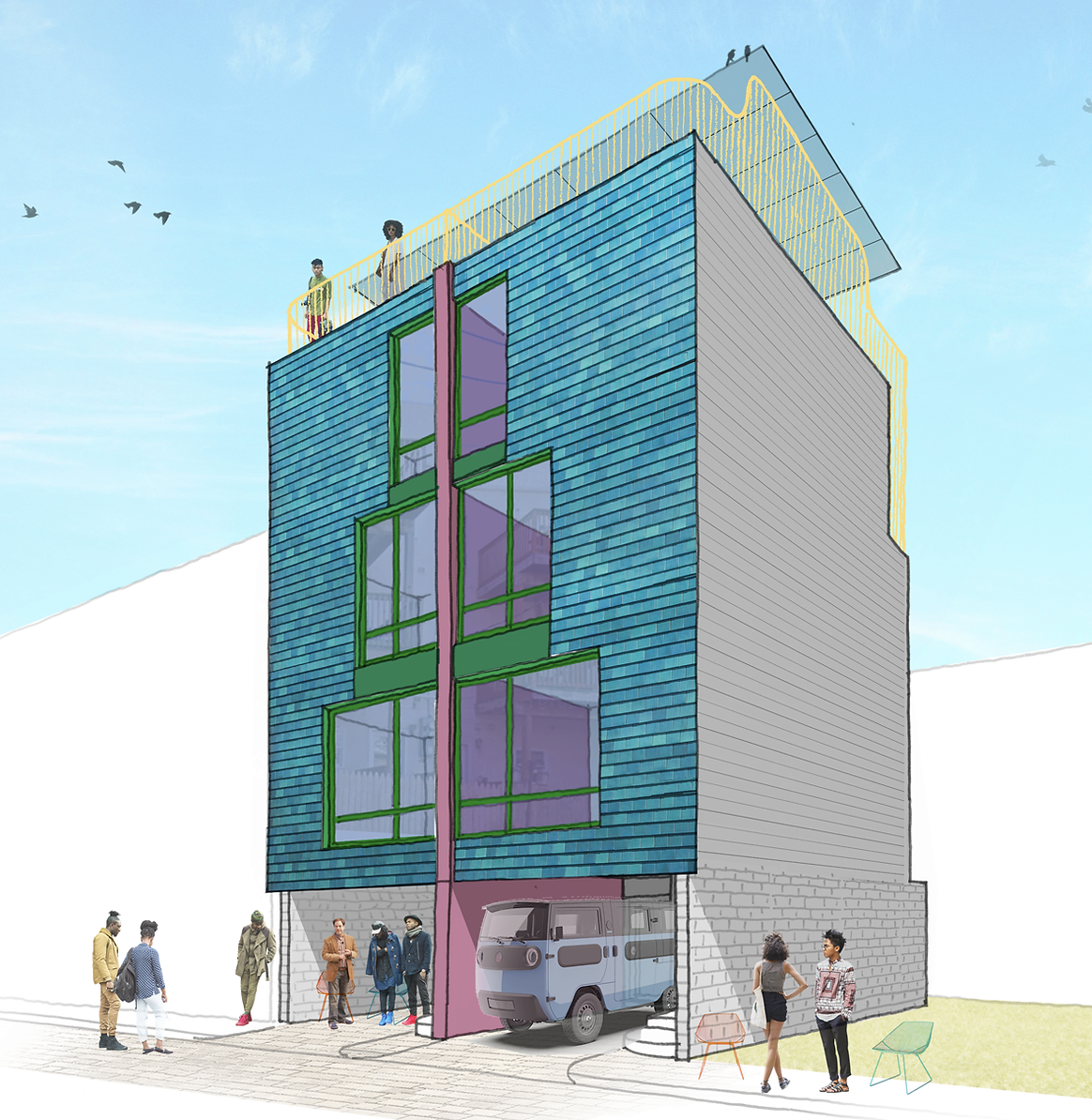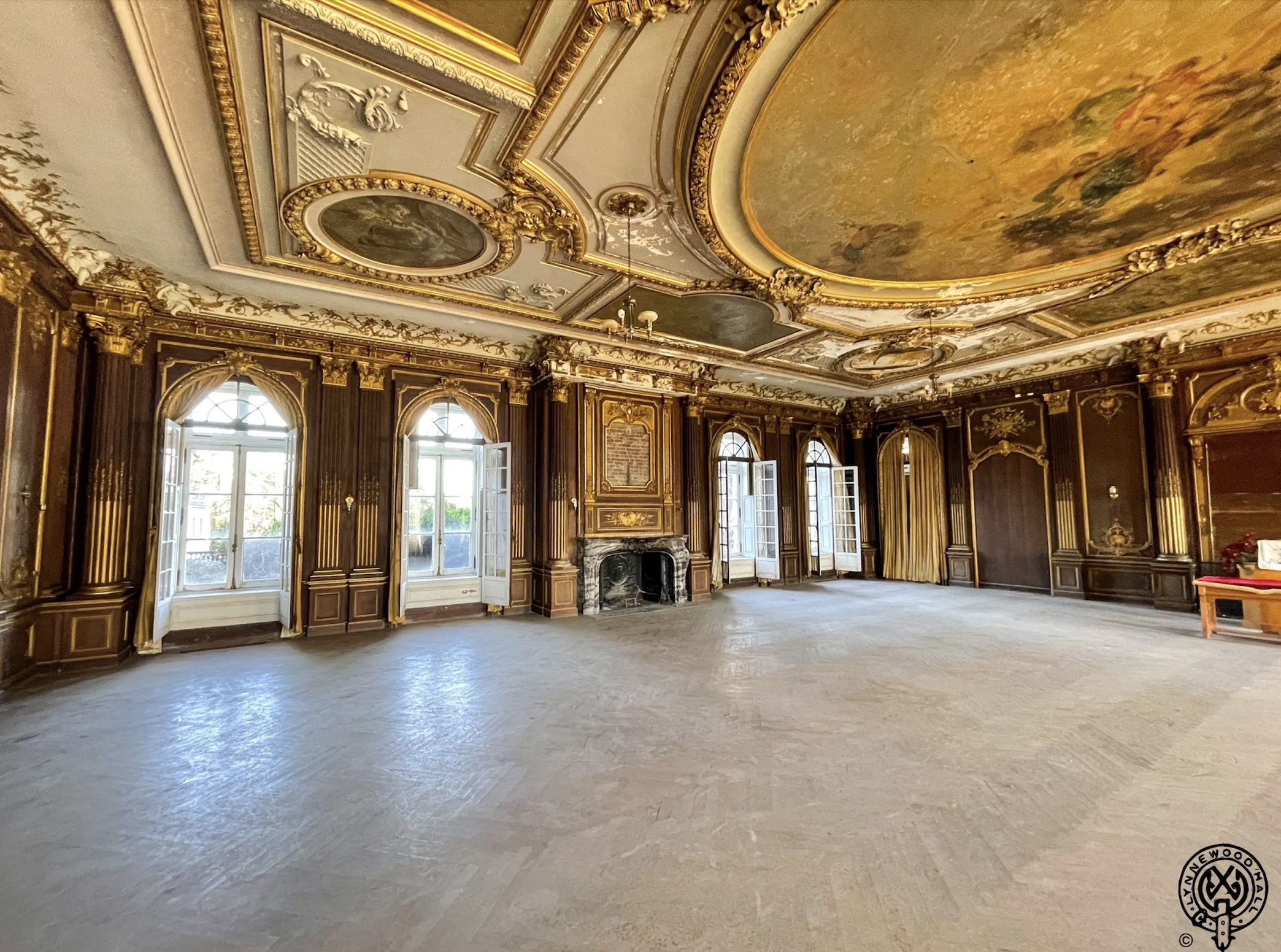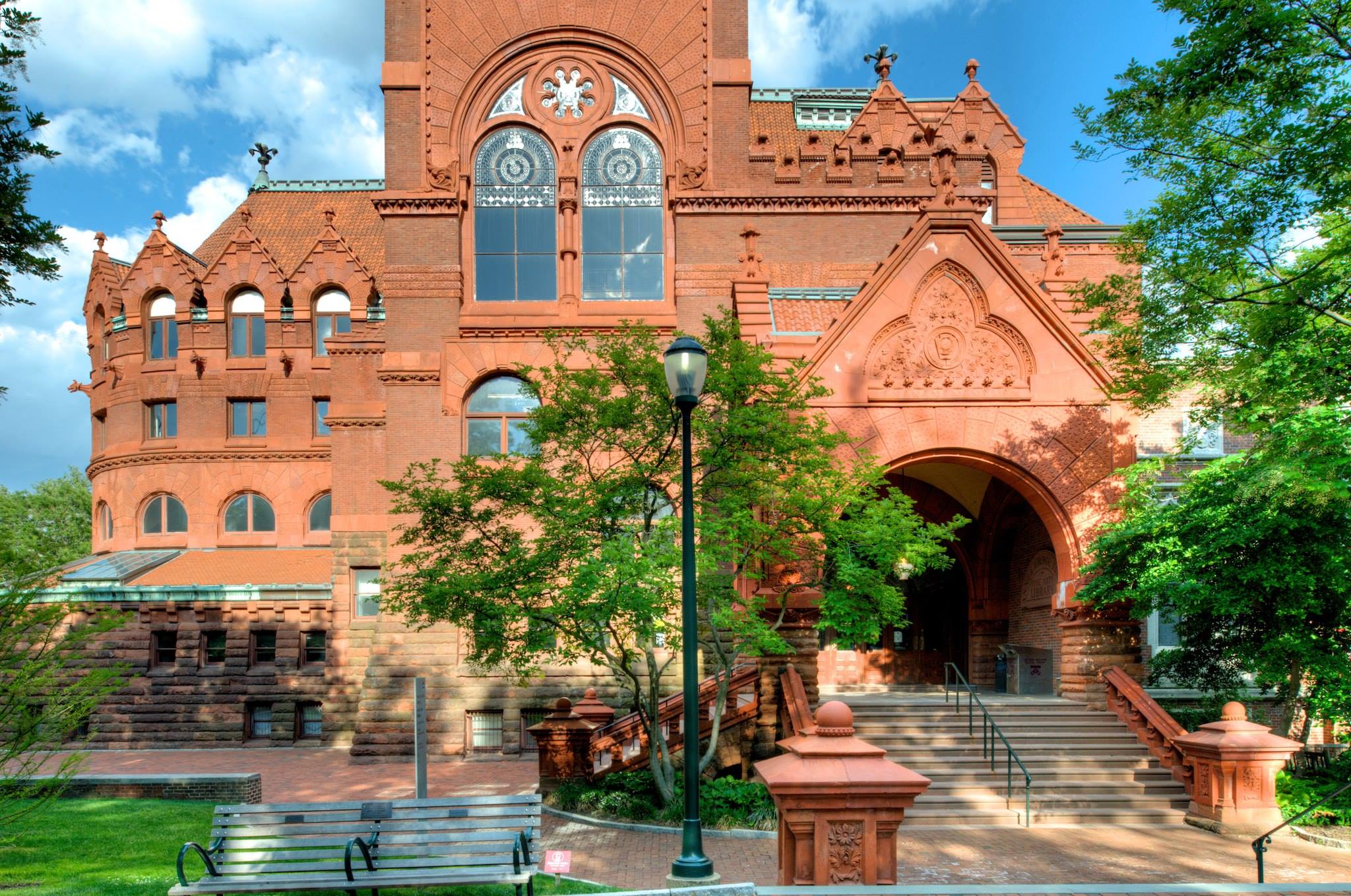architecture
How Kevin Bacon’s Dad Changed Your Life
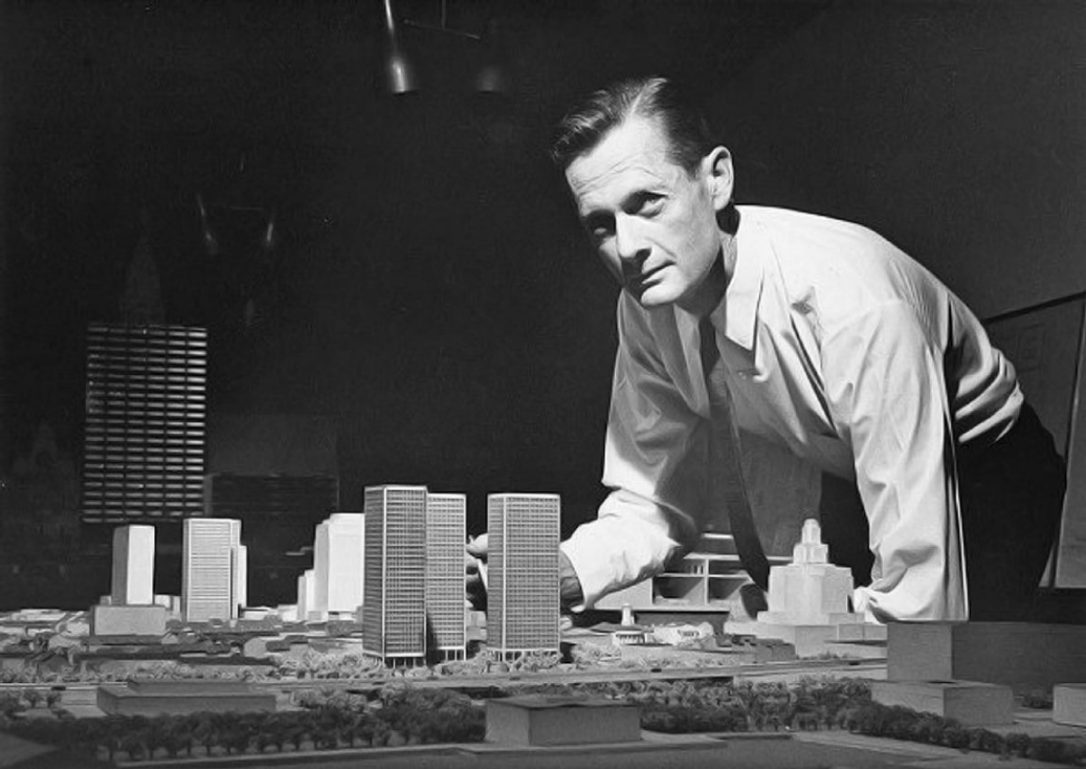
You might not think about Kevin Bacon very often, but if you live in Philadelphia, his dad likely influences your life nearly everyday. Edmund Bacon and his wife, Ruth Hilda Holmes, raised six children, including Kevin Bacon, in the city of brotherly love. Besides his role as a father to the future star, Edmund Bacon, architect, educator, urban planner and author, served as the Executive Director of the City Planning Commission from 1949-1970. During this tenure, he oversaw numerous large- and small-scale design ideas that shaped today’s Philadelphia.
Bacon, born to a quaker family in West Philadelphia in 1910, trained as an architect at Cornell and later at Cranbrook Academy. While at Cranbrook, he studied under renowned Finnish architect/planner Eliel Saarinen. Saarinen worked extensively on major planning projects in nearby Flint, Michigan, and enlisted the young Edmund Bacon to assist. Bacon quickly grew into the role and in the late 1930s served as Flint’s planning commissioner.
These early experiences in Flint as well as international travels greatly influenced Bacon’s approach to urban planning. In the late 1940s, he became the City Planning Commissioner of Philadelphia, bringing both vision and practical experience to the job. Because of his design background, Bacon not only served as an administrator, but also conceived physical concepts.
The following projects are some of those most closely associated with Bacon.
Society Hill
In the 1950s, Society Hill was a fairly rundown, dodgy neighborhood. Bacon, seeking to preserve the historical, colonial quality of the area, worked with the Redevelopment Authority, to invest brick sidewalks, period lighting and streetscaping. This included a network of walkways called the Greenway System to tie the neighborhood together. While most of the 18th and early 19th century houses were restored, late 19th century houses were demolished to create high-density housing. The resulting Society Hill towers designed by I.M. Pei are now symbolic of the neighborhood.
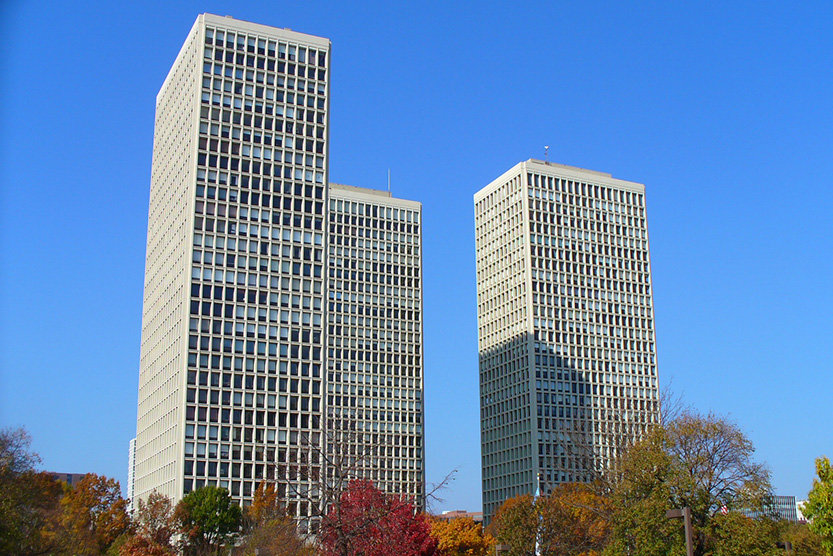
The Far Northeast
In the early 1950s, the far Northeast section of Philadelphia (north of Pennypack Creek), was largely undeveloped farmland. With growing pressure to create more affordable housing, Bacon conceived of a concept for a new type of urban neighborhood that used dense rowhouse blocks, but sited them along a curved street network, based around retail and recreation hubs, connected with bus lines. The intent was to maintain the existing streams and open space. While the resulting neighborhood did not match Bacon’s initial vision, the streams and parkspace remain remarkably intact.

Penn Center
In the early 1950s, the Pennsylvania Railroad committed to demolish a long-defunct section viaduct which cut through Center City and redevelop the land. Bacon worked with architects and planners to conceive of a new use for this central urban space as a transit connected office and retail environment. Again, the resulting development differed dramatically from Bacon’s original proposal, but Penn Center remains a transit and office hub, and has become the core of Center City’s business district.
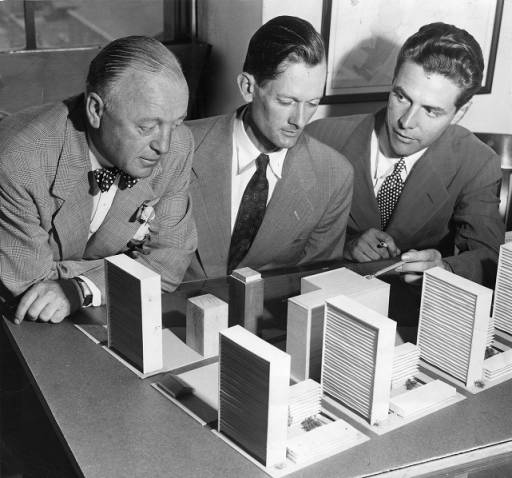
In addition to this notable work as City Planning Commissioner, Edmund Bacon also served as a professor of urban design at the University of Pennsylvania during the 1970s and 1980s. Owner Deborah Solo studied under him while pursuing her Master’s in Architecture. Here at Solo, we’re just two degrees of separation from Kevin Bacon!
References:
https://planningpa.org/in-memoriam/in-memoriam-of-edmund-bacon/





